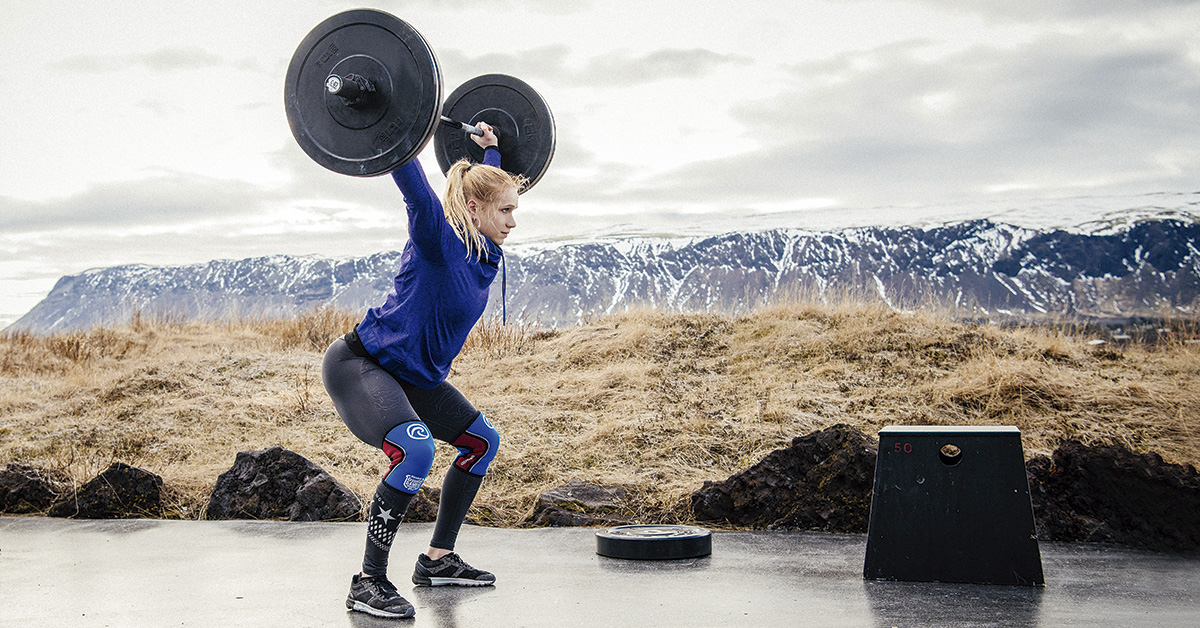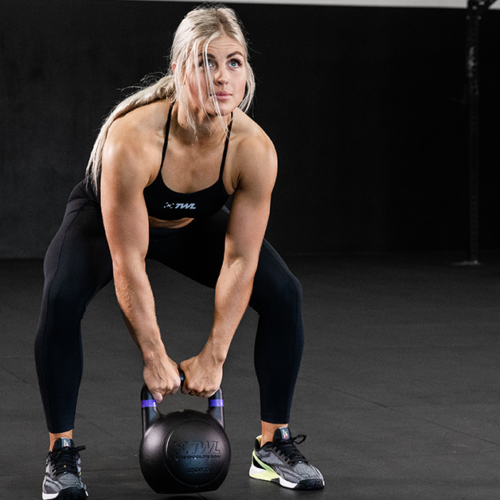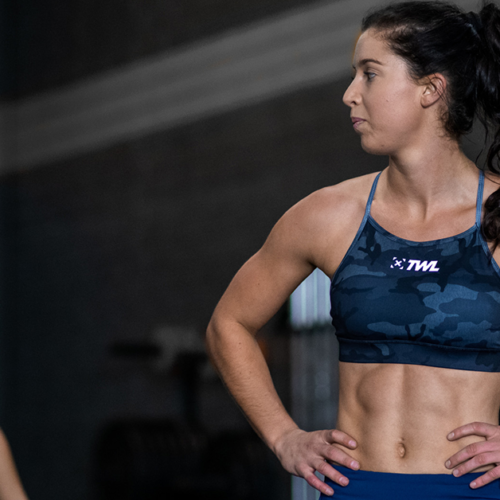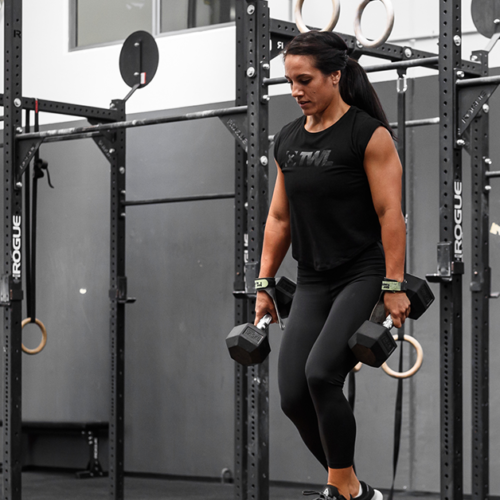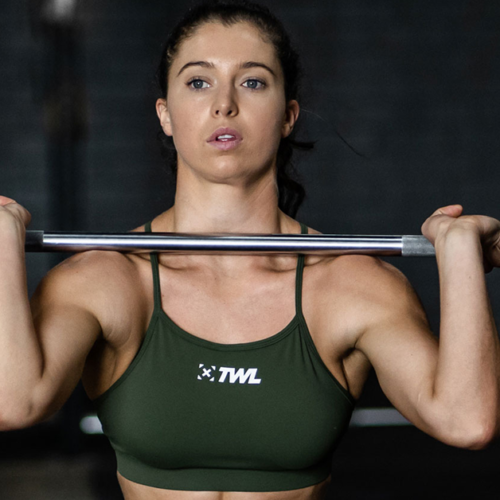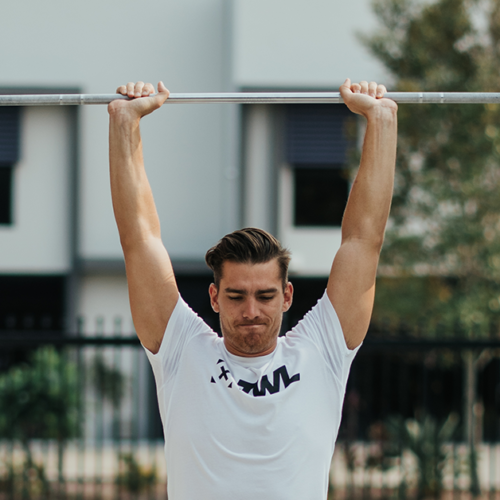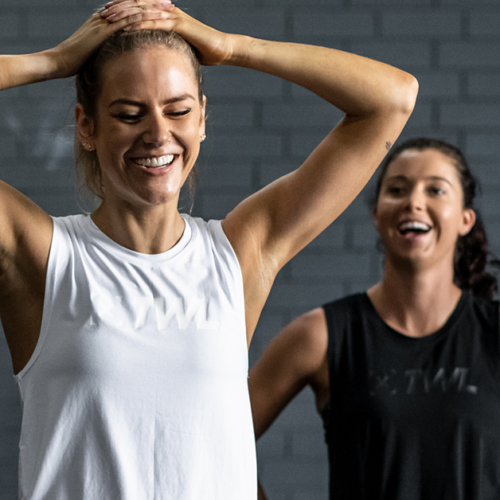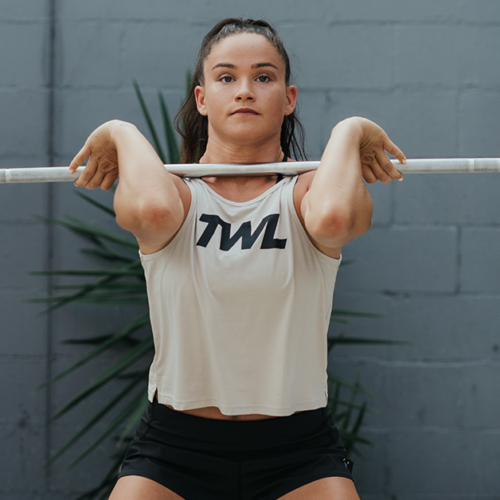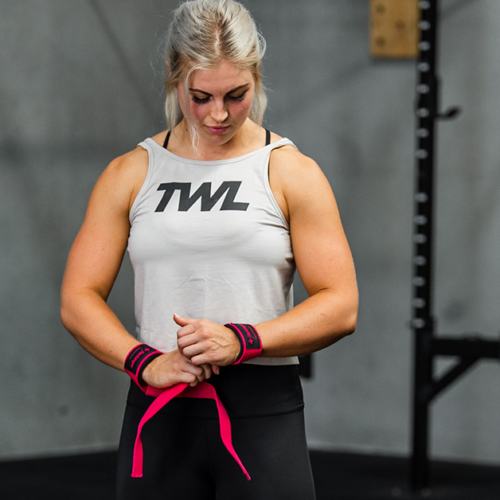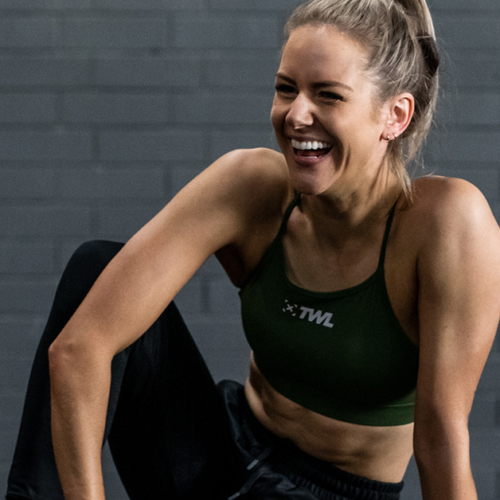You’ve put in the work. You go to your gym daily to do your programming. You have done all necessary preparations to perfect your form and build your strength. With this, you feel confident enough to enter an Olympic weightlifting competition. One problem: You are a bit above the weight requirement for your weight class. You need to cut weight. There are many tips available on the internet on how to cut weight for a competition. A lot of them are drastic, dangerous and could negatively affect your performance.
The most important thing to do before starting any weight cutting method is to consult your doctor. Talk to them about the changes you will be making in your diet and your level of physical activity. They will know what is best for you and how to go about it healthily.
Weight Cuts: Do
Start Earlier
If you need to lose a significant amount of weight, start earlier. There is no healthy way to do this fast. You will probably learn about a competition or express interest in joining it months ahead. Plan around this accordingly. In the case of cutting weight, slow and steady wins the race.
Get Enough Carbs
Make sure you’re still getting enough carbohydrates around training time. One disadvantage of the faster, last-minute ways to cut weight is that your performance is compromised. You can’t train because of dehydration or a sudden and drastic calorie deficit. Your body gets energy from carbs, so make sure to be getting enough when you train.
Increase Your Water Intake
While others might suggest cutting water intake, do the opposite. You do not benefit from dehydration. Increased fluid consumption will make you urinate more frequently. This will help your body release stored water, resulting in lost water weight.
(Note: the only time that a water cut might be appropriate is the morning of weigh-in. Prolonged dehydration has zero benefits.)
While you’re at it, cut out foods and drinks that are high in sodium. This will retain water in your body. Read the nutrition labels of everything you consume to see the sodium content.

Eat Light Before Your Weigh-In
Obviously, you will weigh much less with less food in your stomach. That does not mean eating nothing at all. Choose food like chicken or fish for your protein; rice cakes, bananas and cereal for your carbohydrates; and a small amount of healthy oils and fats. If you have a very early weigh-in, you might consider waiting to eat until after.
Post Weigh-In
After your weigh-in, eat a healthy meal that is high in carbohydrates and protein. You’ll need these nutrients to refuel properly and get ready for the competition. A good meal includes grains, lean proteins and green vegetables. A sports drink and water will also be good for replenishing your electrolytes.
Don’ts
Starve
Do not starve yourself. While creating a calorie deficit is important to lose weight, do not go into starvation levels of calorie intake reduction. Not only is it dangerous, but make no mistake about it: it will negatively impact your performance for the competition.
Do Last-Minute Fixes
These could potentially help you to some extent, but don’t rely on them totally. Use last-minute fixes like water cuts or sitting in a sauna only as a last resort. Never use dangerous over-the-counter pills to try to drop quick weight.

